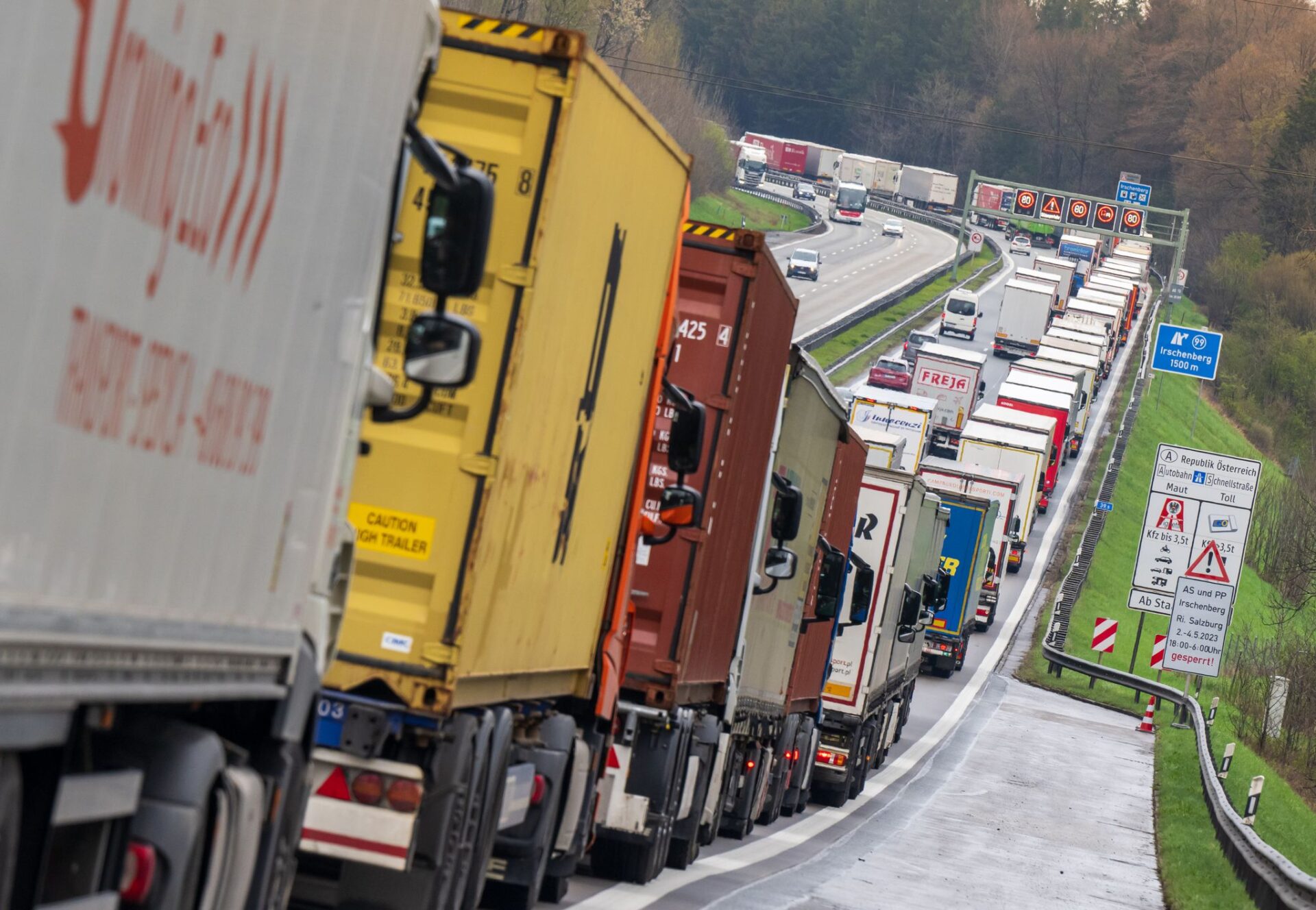Brussels – The Czech Republic calls on the European Commission to address illegal waste transport issues more effectively. At today’s meeting in Brussels, Czech Environment Minister Petr Hladík said. Recently, the Czech Republic has been overwhelmed with illegally transported waste, and it is therefore necessary to strengthen cooperation between member states, ensure greater coordination and more effective information exchange.
The Czech Republic, along with some other countries, is currently facing an increasing number of cases of illegal waste transport, which, according to Prague, pose a serious threat to the environment. In this context, the Czech Republic proposes several specific improvements. “Firstly, we want a single database so we can see, for example, who has received a fine or who has committed a similar offense abroad,” said the Czech minister. “Secondly, we want there to be one authority. Today, we are cooperating very well, for example, with Bavarian authorities, but there are over 300 authorities dealing with this issue on the German side alone,” he added. Therefore, Czechs propose there should be one competent authority – German, Austrian, Polish, French, or other – similar to what exists in the Czech Republic.
“To effectively limit illegal waste transport, it is essential to strengthen cooperation between member states in the field of data sharing and control mechanisms. Lack of coordination not only increases environmental risks but also leads to financial losses and administrative burden,” says the Czech appeal, which was initially supported by eight countries (France, Croatia, Lithuania, Latvia, Slovakia, Slovenia, Hungary, and Romania) and verbally by Austria during the meeting.
“And the final thing, there is a vision of the European Commission to digitize and simplify cross-border waste transport, and we are pushing for it to happen as quickly as possible, and for the information system to contain as much information as possible in electronic form. So that we don’t keep sending papers back and forth and really move into the 21st century,” added Hladík. (March 27)
 go to the original language article
go to the original language article
